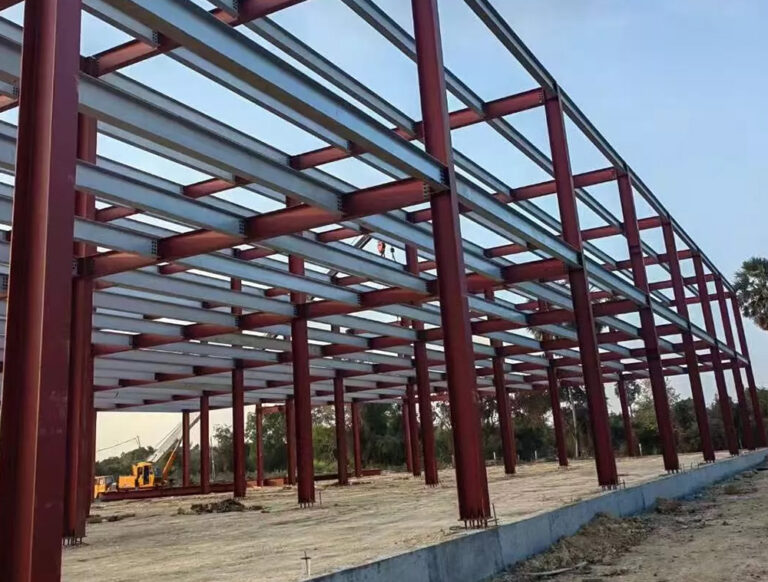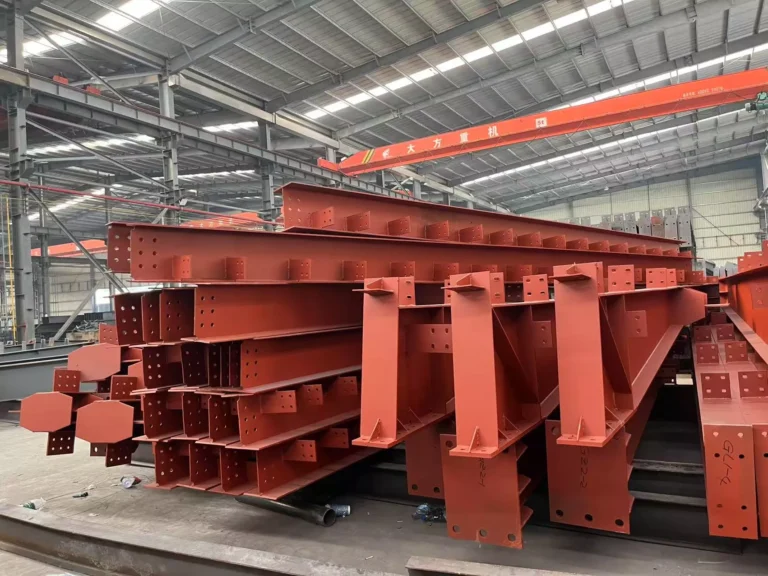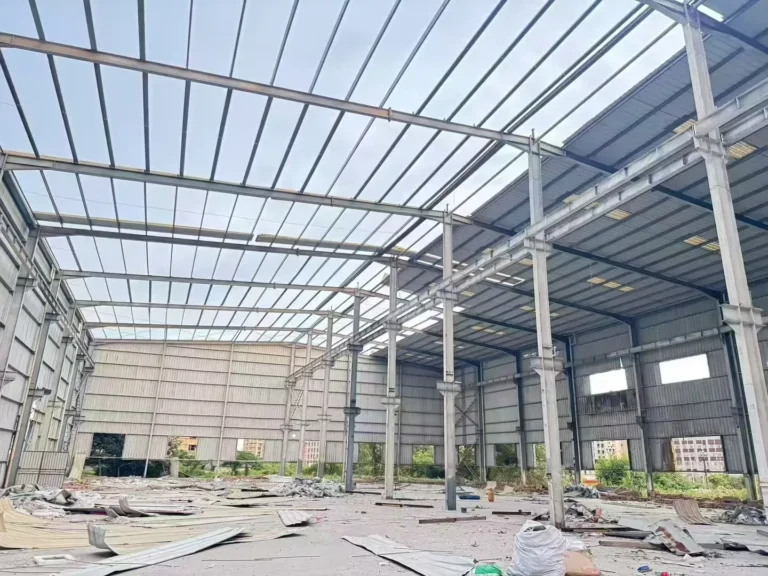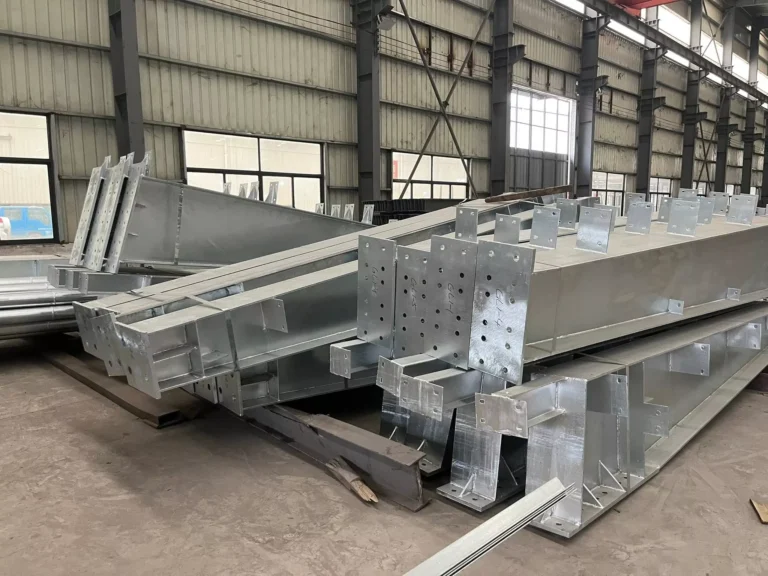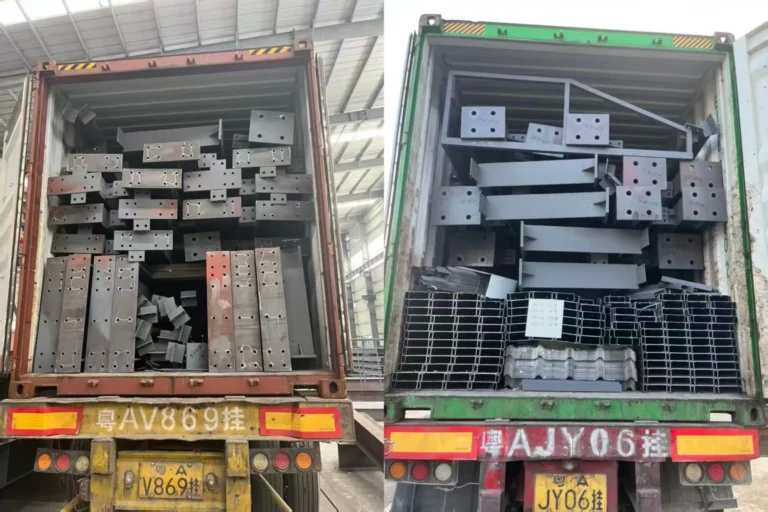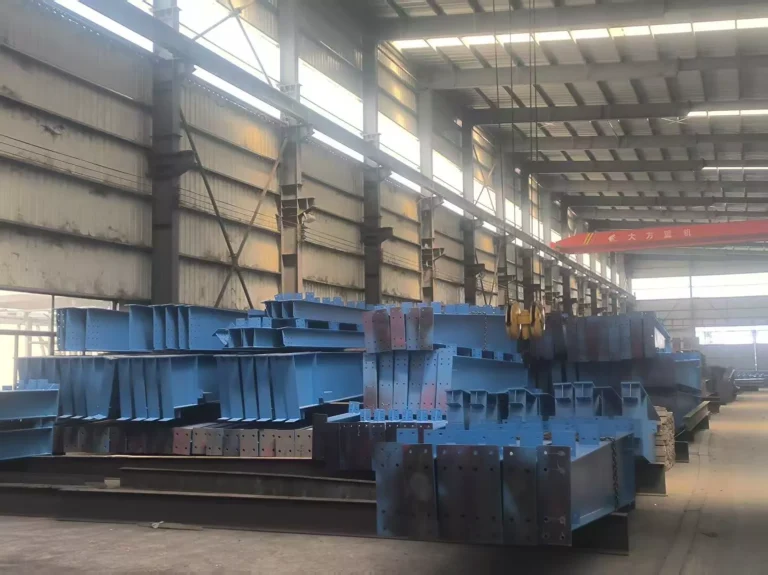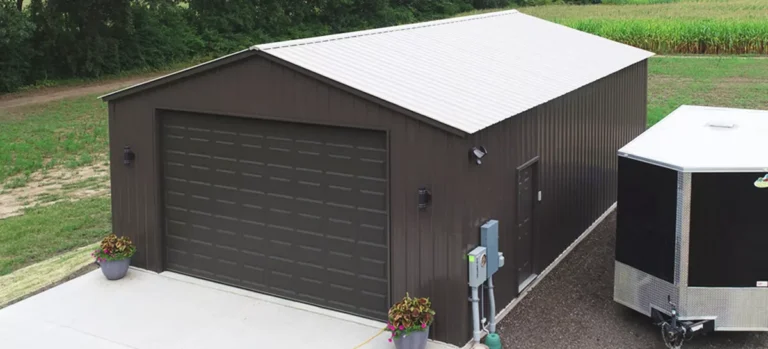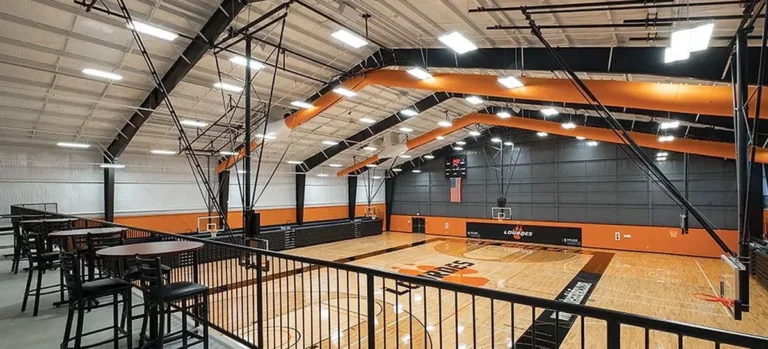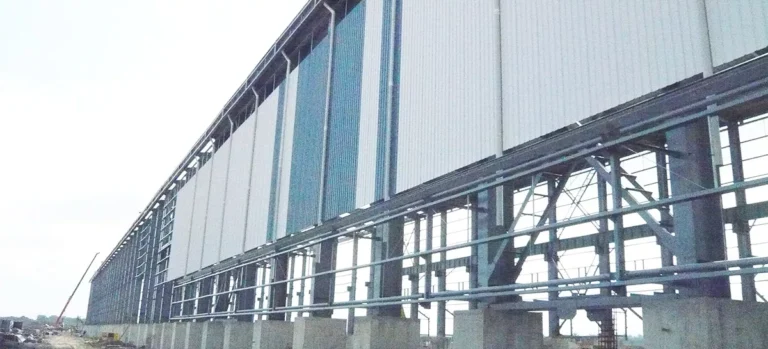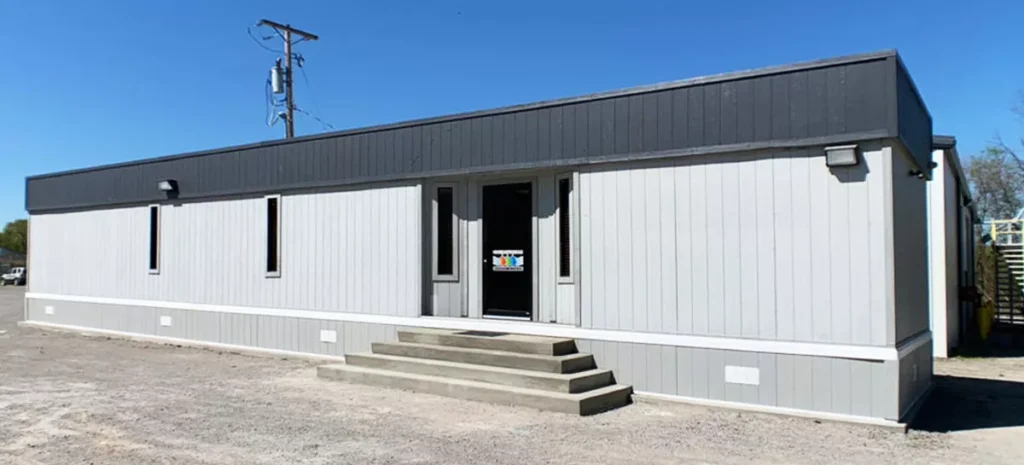
In today’s fast-paced business environment, companies require flexible, cost-effective building solutions that can be delivered quickly and customized to meet their specific needs. Commercial modular buildings have become an increasingly popular alternative to traditional construction methods, offering a faster and often more affordable way to create modern, functional spaces for offices, schools, medical facilities, retail spaces, and more.
This article will explore the benefits, types, and uses of commercial modular buildings, providing a comprehensive understanding of why this construction method is gaining traction across various industries.
What Are Commercial Modular Buildings?
Commercial modular buildings are structures built off-site in a controlled factory environment and then transported to the desired location for final assembly. The construction process typically involves assembling pre-fabricated sections, or “modules,” that are designed to fit together seamlessly. These modules are constructed to the same or higher building codes and standards as traditional buildings and can be customized in size, layout, and finishes to meet specific client requirements.
Unlike mobile or temporary buildings, modular buildings are permanent structures that can be designed for long-term use.
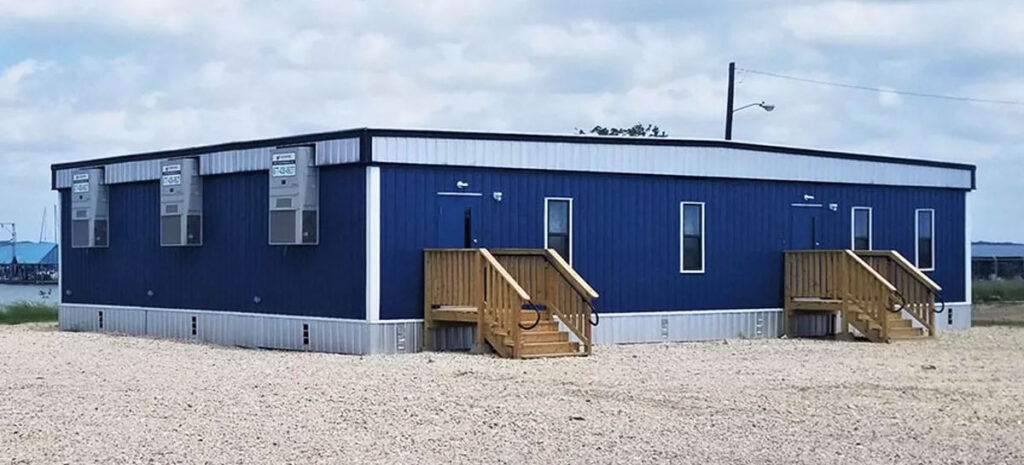
Advantages of Commercial Modular Buildings
- Faster Construction Time One of the most significant advantages of modular construction is its speed. Since the modules are built off-site while the site is being prepared, the overall construction time can be reduced by 30% to 50% compared to traditional construction. This parallel process allows businesses to get up and running more quickly, which can be critical for time-sensitive projects like healthcare facilities or new office spaces.
- Cost Efficiency Modular construction can be more cost-effective than traditional methods for several reasons. First, the controlled factory environment reduces the likelihood of material waste and on-site delays due to weather. Additionally, labor costs are often lower due to the efficiency of assembling modules in a factory setting. Reduced construction time also means fewer labor hours on-site, translating into savings for the business.
- Customization and Flexibility Modular buildings offer high levels of customization, allowing companies to design spaces that meet their specific needs. Whether you need an open-concept office, individual classrooms, or a retail space with modern aesthetics, modular construction can be tailored to fit your vision. Modules can be easily expanded, modified, or relocated as your business grows or needs change, making them highly adaptable for future use.
- Sustainability Sustainability is becoming an increasingly important factor in construction, and modular buildings are inherently more eco-friendly than traditional methods. Since much of the construction is done off-site, there is less material waste, reduced energy consumption, and fewer disruptions to the surrounding environment. Many modular buildings are made from sustainable or recyclable materials, and the efficient manufacturing process helps reduce the overall carbon footprint.
- High Quality and Durability Contrary to the misconception that modular buildings are lower in quality, they are often constructed to higher standards than traditionally built structures. Since modules are assembled in a controlled factory environment, construction is not impacted by weather conditions, which helps ensure precision and quality control throughout the process. Modular buildings must meet all local building codes and standards, ensuring they are durable, safe, and long-lasting.
- Minimal Disruption Because much of the construction happens off-site, there is minimal disruption at the actual building site. This is particularly advantageous for businesses that are operating in high-traffic or sensitive areas, such as schools, hospitals, or urban centers. Less noise, dust, and traffic congestion help maintain normal operations around the site during construction.
Types of Commercial Modular Buildings
- Office Buildings Modular office buildings can be designed to meet a wide range of needs, from temporary site offices to permanent headquarters. These buildings can be customized with open-plan layouts, private offices, conference rooms, break areas, and more. Modular offices are especially useful for companies that need to expand quickly or add additional locations without lengthy construction times.
- Healthcare Facilities Modular construction is increasingly popular in the healthcare sector, where speed and flexibility are essential. Hospitals, clinics, and specialized healthcare centers often turn to modular buildings to quickly increase capacity or establish temporary facilities during emergencies. These buildings can be designed to meet stringent healthcare regulations and accommodate specialized equipment, ensuring they provide the same functionality as traditional healthcare facilities.
- Educational Buildings Schools, universities, and training centers can benefit from modular classrooms, labs, and administrative buildings. With growing student populations, modular buildings offer a fast, cost-effective solution for adding space without disrupting ongoing operations. These structures can be designed to match existing architecture and can be outfitted with modern amenities to create a comfortable learning environment.
- Retail and Commercial Spaces For retailers, modular buildings provide the flexibility to open new stores quickly, especially in high-traffic areas or during peak seasons. From small kiosks to full retail centers, modular construction allows for quick installation, customization, and expansion. They also provide a quick solution for pop-up shops or temporary stores during renovations.
- Industrial and Manufacturing Facilities Modular buildings can be used to create industrial warehouses, production facilities, and distribution centers. These structures can be designed to meet the specific needs of the business, whether it’s for storage, manufacturing, or heavy equipment. The robust nature of steel-frame modular buildings makes them a durable and cost-effective option for industrial use.
Key Considerations When Choosing Modular Buildings
- Budget While modular buildings are generally more cost-effective, the price can vary depending on customization, materials, and size. It’s important to work with a modular building provider to create a plan that aligns with your budget.
- Site Conditions The location of the building site is an important factor in modular construction. While modules are assembled off-site, the land still needs to be prepared for installation, which may require leveling, utility connections, and foundation work. Ensure the site is ready for the building to be installed once the modules are complete.
- Building Codes and Regulations Modular buildings must comply with the same local building codes and regulations as traditional structures. This includes zoning laws, accessibility standards, and fire safety regulations. Work with your modular provider to ensure the building meets all necessary requirements before installation.
- Customization Needs Determine the level of customization you need for your commercial space. Modular buildings offer a lot of design flexibility, but some features, like certain types of finishes or advanced HVAC systems, may come at an additional cost. Plan ahead to include the necessary features for your business to operate effectively.
Conclusion
Commercial modular buildings offer an ideal solution for businesses looking for fast, flexible, and cost-effective building options. With the ability to meet a wide range of design requirements and industry standards, modular buildings provide the same level of quality and durability as traditional structures, but with significant time and cost savings. Whether you need a new office space, healthcare facility, or industrial building, modular construction is an excellent choice for businesses that value efficiency and adaptability.
At Ganyo Steel Structure, we specialize in high-quality, customizable steel modular buildings designed to meet the specific needs of any commercial project. For more information, or to explore the options available for your next building project, contact us at lizzy@ganyosteelbuilding.com.

